In this post, we will explore the multitude of meanings associated with peonies, their historical significance, cultural symbolism, and how they can be appreciated in various contexts. Whether you’re a flower enthusiast or someone considering these blooms for a special occasion, you’ll find that peonies are more than just a pretty face.
A Brief Introduction to Peonies
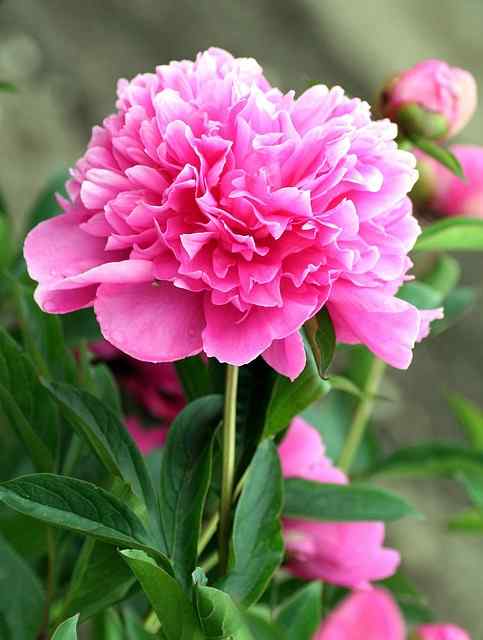
Peonies belong to the genus Paeonia, a group of flowering plants native to Europe, North America, and Asia. With over 30 species and numerous hybrids, they are renowned for their lush blooms and rich fragrances, making them a popular choice in gardens and floral arrangements. Their large, rounded blossoms can be found in a variety of colors, including white, pink, red, and yellow, each holding its own significance.
The lifecycle of peonies is a testament to resilience. These perennial plants can live for decades, sometimes even over a hundred years, developing thick tuberous roots that contribute to their significance in many cultures. But what do peonies symbolize beyond their physical attributes? Let’s dive deeper into the multitude of meanings associated with these fascinating flowers.
Historical Significance of Peonies
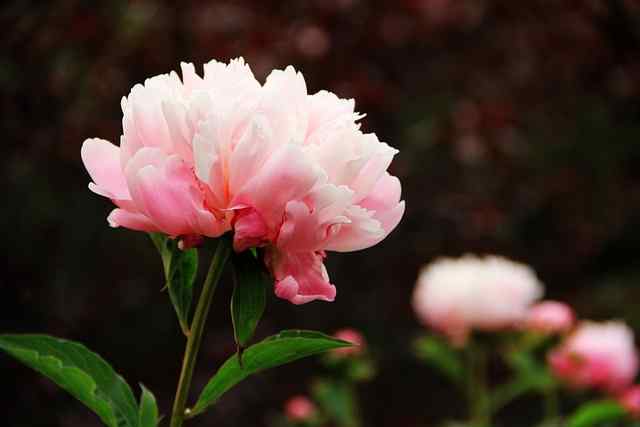
Throughout history, peonies have held an esteemed place in various societies. In ancient Greece, the peony was associated with healing, often linked to the physician Paeon, who is said to have used the flower for medicinal purposes. The Greeks regarded peonies as powerful plants that could ward off evil spirits and bring good fortune. This connection to healing persists, as peonies are often used in traditional medicine to promote health and well-being.
In China, where peonies are regarded as the national flower, they symbolize wealth, happiness, and good fortune. The well-known phrase “king of flowers” refers to their revered status, which spans over a thousand years. Chinese art often features peonies, highlighting their association with royal lineage and feminine beauty. They are frequently used in wedding ceremonies and celebrations to invoke joy and prosperity.
Cultural Symbolism Across the Globe

Peonies carry distinct symbolism in different cultures, embodying various ideals and emotions. In Japan, for instance, they are seen as symbols of bravery and honor, often depicted in samurai art. The Japanese peony is particularly notable for its role in traditional tattoos, symbolizing strength and courage, as well as beauty and romance.
In Western cultures, the symbolism of peonies has evolved over time. In the language of flowers, primarily popular during the Victorian era, peonies symbolize bashfulness, compassion, and happy marriage. This connection to love and romance has influenced modern bridal arrangements, with peonies frequently chosen for wedding bouquets due to their romantic connotations.
The Language of Flowers
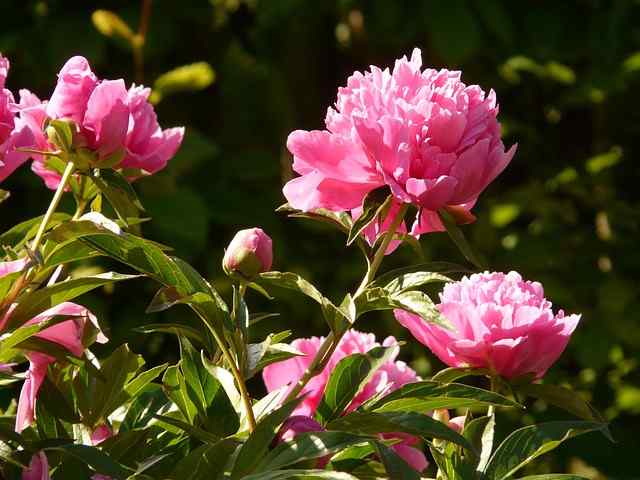
The Victorian era gave rise to a new way of expressing emotions through flowers, and peonies were no exception. Each flower carried its own meaning, enabling individuals to convey sentiments that words sometimes failed to express. In this context, the peony symbolizes good fortune and prosperity, making it a favorite in both romantic and platonic arrangements.
Gifting peonies can convey wishes for happiness and harmony in relationships. Their lush petals and delightful fragrance evoke feelings of warmth, which makes them perfect for comfort during trying times. Including peonies in a mixed bouquet can symbolize a blend of emotions, creating a rich tapestry of meaning that resonates with the recipient.
Peonies in Art and Literature
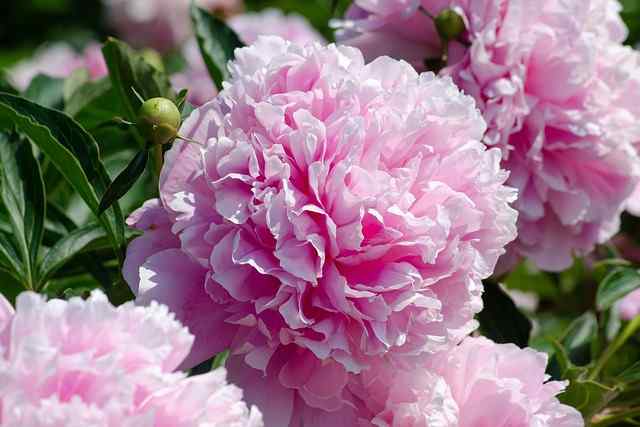
Peonies have been celebrated in art and literature for centuries, drawing attention from poets, painters, and writers. Their striking beauty and symbolic weight make them a frequent subject, representing everything from love to mortality. For instance, painters such as Claude Monet and Vincent van Gogh have created stunning works that emphasize the delicate beauty of peonies.
In literature, the mention of peonies often carries emotional undertones. In poetry, they may represent fleeting beauty or the passage of time, echoing the transient nature of life. These themes resonate with readers, drawing parallels between the life cycle of the peony and human experiences. Their inclusion in literature highlights the universal nature of their symbolism, tapping into themes of love, loss, and renewal.
Peonies in Modern Floral Arrangements

In contemporary floral design, peonies have made a significant impact, celebrated for their lush blooms and romantic appeal. Florists often recommend peonies for special occasions such as weddings, anniversaries, and graduations. Their full, ruffled petals create a sense of abundance, making them a visual centerpiece in arrangements.
Peonies are versatile and can be paired with various flowers to create stunning bouquets. For weddings, white peonies symbolize purity and new beginnings, while pink peonies convey romance and affection. The bold red peony, on the other hand, can represent passion and deep love. This versatility enables individuals to customize bouquets that align with their unique sentiments.
The Significance of Colors in Peonies

The color of a peony is not merely decorative; it carries substantial meaning that can impact how the flower is perceived. Here’s a breakdown of what each color symbolizes:
White Peonies: Represent purity, innocence, and new beginnings. Often chosen for weddings, they symbolize a fresh start and a bright future.
Pink Peonies: Evoke feelings of romance, affection, and compassion. They are often the go-to choice for romantic occasions, expressing love and tenderness.
Red Peonies: Bold and vibrant, red peonies symbolize passion, love, and desire. They are the perfect way to express heartfelt emotions.
Yellow Peonies: Often associated with cheerfulness and joy, yellow peonies symbolize friendship and prosperity. They are often gifted to convey good wishes and happiness.
Understanding the color symbolism of peonies allows you to select the perfect bloom for any occasion, imbuing your floral gifts with intention and meaning.
The Arrival of Peonies in Your Garden
For those looking to cultivate beauty and significance in their own space, growing peonies can be a rewarding endeavor. These perennial flowers thrive in well-drained soil and an area that receives full sun to partial shade. With a little care and attention, you can enjoy their exquisite blooms for many years to come.
Planting peonies is often seen as a metaphor for nurturing relationships and personal growth. They require patience, as it may take a few years for the plants to become fully established and bloom prolifically. However, once planted, they can flourish for decades, symbolizing enduring love and commitment.
Peonies in the Context of Life’s Milestones
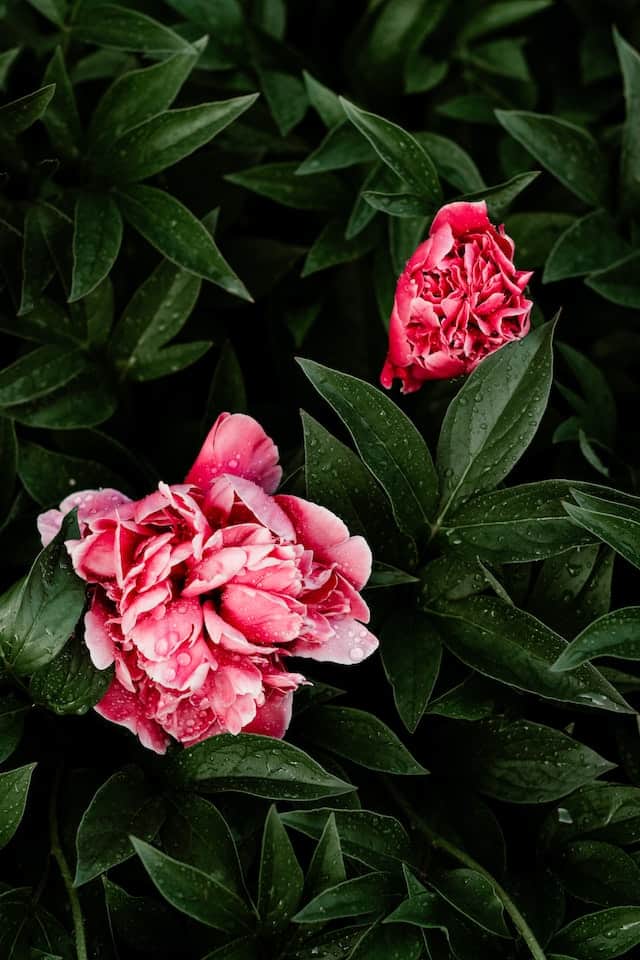
Peonies are often associated with significant life events, making their presence meaningful during milestones. They are commonly used in weddings to signify love and fertility, while their inclusion in graduation and coming-of-age celebrations can symbolize hope and new beginnings.
Gifting peonies during life’s transitions serves as a reminder of the beauty and joy to be found in change. They embody the essence of celebrations, making them ideal for both joyous occasions and moments of reflection. Each bloom represents a chapter of life, filled with potential and promise.
Taking Care of Peonies: A Reflection of Love
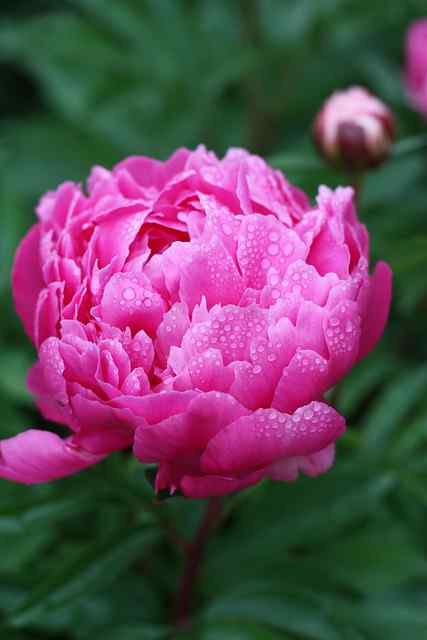
Caring for peonies requires understanding and dedication, much like nurturing relationships. Regular watering, timely pruning, and attention to their needs can lead to magnificent blooms each season. This connection between care and beauty aligns with the way we cultivate connections in our lives.
Just as a peony garden requires attention and nurturing, so do our relationships. The practice of caring for plants can be a meditative experience, encouraging reflection on the importance of love and commitment in our lives. The effort invested in growing peonies often mirrors the effort we make in our personal relationships, resulting in an enriching cycle of growth and beauty.
Peonies and Seasonal Symbolism
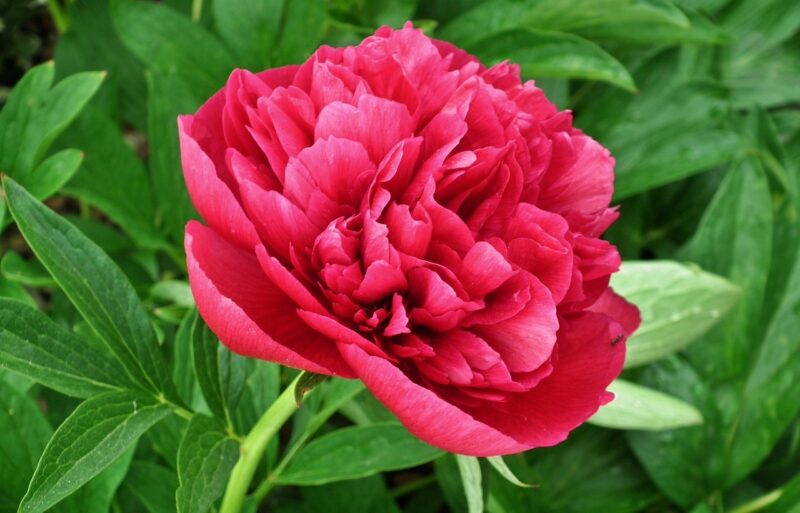
Peonies bloom during the late spring and early summer, symbolically aligning with themes of renewal and rebirth. Their arrival signals an end to the dormancy of winter and a celebration of life and warmth. This seasonal symbolism enhances their meaning, making them a perfect gift during this time of year.
In many cultures, the arrival of peonies also coincides with various festivities and celebrations. Their blooms are often seen at graduations, weddings, and Mother’s Day, encapsulating the essence of joy and new beginnings. Their vibrant presence during these times serves as a reminder of the beauty of life and the importance of cherishing moments with loved ones.
Conclusion: The Endearing Legacy of Peonies
Peonies are more than just decorative flowers; they are laden with history, symbolism, and emotional resonance. Their ability to convey complex feelings provides a means for individuals to express themselves in ways that transcend words. By understanding the many layers of meaning associated with peonies, we can celebrate them as more than just flora but as profound symbols of love, beauty, and resilience.





